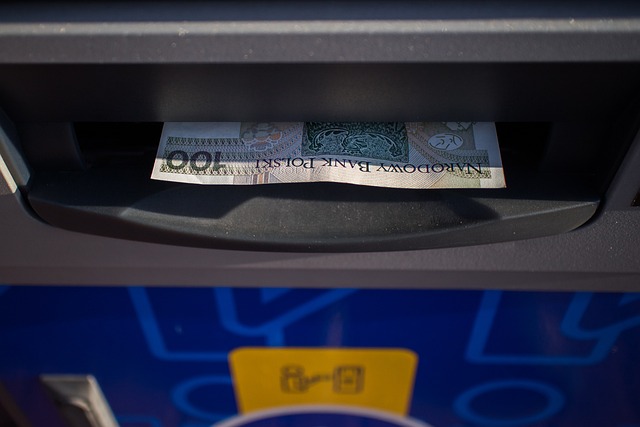Car title loan equity requirements mandate at least 50% equity in a vehicle used as collateral, with lenders valuing the car and borrowers ensuring their outstanding lease or loan balance is significantly lower. Understanding your car's market worth is crucial for approval and favorable terms, achievable through current appraisals and comparing against existing loans. While car title loans offer quick funding, high interest rates and strict eligibility criteria exist; alternative options like refinancing or selling include financially responsible considerations based on personal circumstances.
Unsure if your car holds enough equity for a title loan? This guide is your compass. We’ll walk you through the essential steps to determine your vehicle’s value and understand the crucial car title loan equity requirements. Learn how to evaluate your car’s loan-to-value ratio and explore alternative options for accessing your car’s equity, empowering you with knowledge in this financial decision.
- Understanding Car Title Loan Equity Requirements
- Evaluating Your Vehicle's Value and Loan-to-Value Ratio
- Alternative Options for Accessing Car Equity
Understanding Car Title Loan Equity Requirements

Car title loan equity requirements are designed to ensure both the lender and borrower benefit from this type of financial assistance. Lenders want to minimize risk, while borrowers need to understand how much equity their vehicle retains. In simple terms, a car title loan uses your vehicle’s ownership as collateral, so the lender requires a significant portion of its value to be free and clear. This means the outstanding balance on your vehicle’s lease or loan should be relatively low compared to its overall worth.
For instance, in San Antonio Loans, lenders typically require at least 50% equity in a vehicle. If you owe $10,000 on a car valued at $20,000, this would meet the minimum requirement. Understanding these car title loan equity requirements is crucial before applying for financial assistance to ensure your vehicle ownership can serve as secure collateral and potentially provide much-needed Financial Assistance.
Evaluating Your Vehicle's Value and Loan-to-Value Ratio

When considering a car title loan, understanding your vehicle’s value is crucial. Lenders will evaluate your car’s market worth to determine how much equity it holds, which directly impacts your loan-to-value (LTV) ratio. This ratio compares the loan amount against the vehicle’s appraisal value. In Dallas Title Loans, for instance, lenders typically look for a healthy LTV ratio, usually below 50%, to ensure better loan approval chances and favorable terms.
To check if your car has enough equity, start by gathering current market value estimates from reputable sources. Then, compare this figure against the outstanding balance on any existing loans or leases. If the difference suggests significant equity, you might be eligible for a substantial car title loan. However, remember that lenders assess value based on appraisals, so having accurate and up-to-date information is key. Consider loan refinancing as an option if your current LTV ratio is too high, allowing you to pay off existing debts and potentially secure better terms for future loans.
Alternative Options for Accessing Car Equity

If you’re considering a car title loan but unsure about your vehicle’s equity, it’s essential to explore alternative options for accessing your car’s value. A car title loan is one way to leverage your vehicle’s equity, but it’s not the only choice. Loan eligibility criteria for car title loans vary, and high-interest rates are a significant concern. Alternatively, many lenders in Houston offer title loans as a quick solution for emergency funding, allowing you to retain possession of your vehicle while providing collateral.
Beyond title loans, there are several ways to tap into your car’s equity without strict requirements or high-interest rates. Refinancing your existing auto loan with better terms could free up cash flow. Selling the vehicle outright is another option, but it may not be ideal if you still need transportation. Consider these alternatives before deciding on a car title loan to ensure you’re making the most financially responsible decision for your situation.
If you’re considering a car title loan, understanding the equity requirements is key. By evaluating your vehicle’s value and comparing it to potential loan amounts, you can ensure you meet the necessary criteria. While car title loans offer a quick solution for accessing equity, exploring alternative options may provide better long-term financial decisions, depending on your unique circumstances. Remember, each situation is unique, so carefully consider your options before committing to any type of loan.






